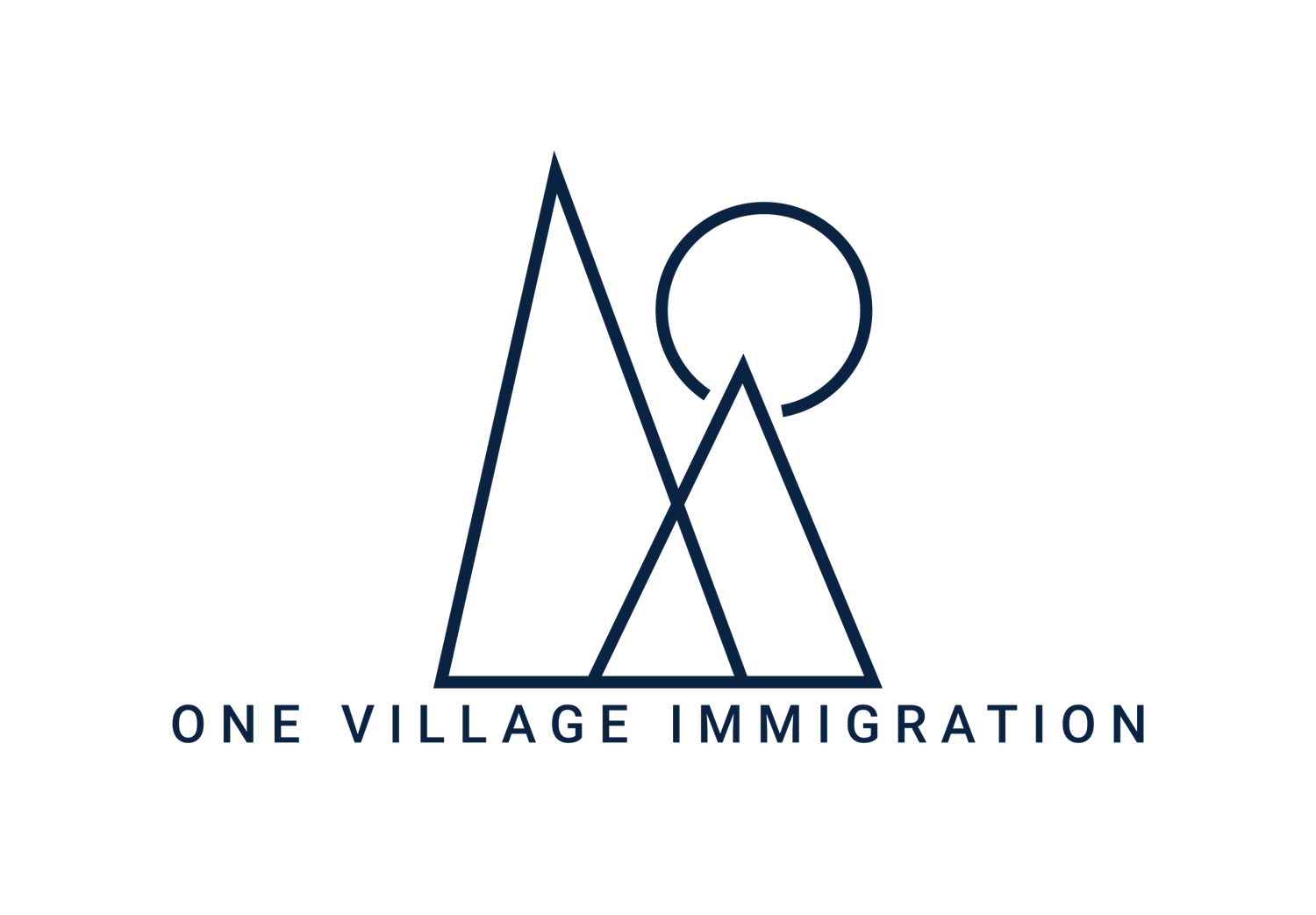Understanding Admissibility Hearings in the Canadian Immigration System
Introduction
Canada has a reputation for its inclusive and welcoming immigration policies, but the country also maintains strict standards to ensure the safety and security of its citizens. One crucial aspect of the immigration process is admissibility hearings, which are conducted to determine whether individuals meet the requirements to enter or remain in Canada. In this blog, we will delve into admissibility hearings in the Canadian immigration system, exploring what they are, when they occur, and the factors that influence their outcomes.
What is an Admissibility Hearing?
An admissibility hearing is a formal proceeding conducted by immigration authorities to assess the eligibility of an individual to enter or remain in Canada. These hearings are essential to safeguarding the integrity of Canada's immigration system and ensuring that individuals who pose security risks, have criminal histories, or fail to meet other admissibility criteria do not gain entry.
When Do Admissibility Hearings Occur?
Admissibility hearings can arise in various immigration contexts, including:
Visa Applications: Individuals applying for temporary resident visas, work permits, or study permits may be subject to admissibility hearings if there are concerns about their eligibility.
Permanent Residency: Applicants for permanent residency through family sponsorship, skilled worker programs, or refugee claims may undergo admissibility hearings if there are doubts about their qualifications or if they are found inadmissible.
Temporary Residents: Visitors, students, and workers entering Canada on a temporary basis may face admissibility hearings if there are concerns about their admissibility.
Common Reasons for Admissibility Hearings
Several factors can trigger an admissibility hearing:
Criminality: Individuals with criminal records or those who have committed serious crimes may be deemed inadmissible to Canada. Admissibility hearings assess the severity of the offense and the potential risk posed to Canadian society.
Security Concerns: Those who are believed to pose a security threat to Canada may undergo an admissibility hearing. Security concerns can be related to espionage, terrorism, or involvement in organized crime.
Health Issues: Some medical conditions that pose a danger to public health may lead to an admissibility hearing. Authorities assess whether the individual's condition would place an excessive burden on Canada's healthcare system.
Misrepresentation: Providing false information or misrepresenting oneself on an immigration application can result in an admissibility hearing.
The Admissibility Hearing Process
The admissibility hearing process involves several stages:
Notification: Individuals facing an admissibility hearing will receive a written notice outlining the reasons for the hearing and their rights.
Gathering Evidence: Both the individual and the immigration authorities gather evidence to support their positions. Legal representation is advised during this phase.
Hearing: The admissibility hearing itself is a formal proceeding, where the individual has the opportunity to present their case, provide evidence, and address concerns raised by immigration authorities.
Decision: After considering all evidence and arguments, the immigration authorities render a decision. This decision can result in admissibility, inadmissibility, or specific conditions of entry.
Appeal: If the individual disagrees with the decision, they may have the right to appeal to the Immigration Appeal Division (IAD) or a federal court, depending on the circumstances.
Conclusion
Admissibility hearings play a critical role in maintaining the integrity and security of Canada's immigration system. While they can be daunting, individuals facing such hearings have the opportunity to present their cases and address concerns that may affect their eligibility to enter or remain in Canada. Legal counsel is often recommended to navigate this complex process and ensure that individuals understand their rights and responsibilities throughout the proceedings.

